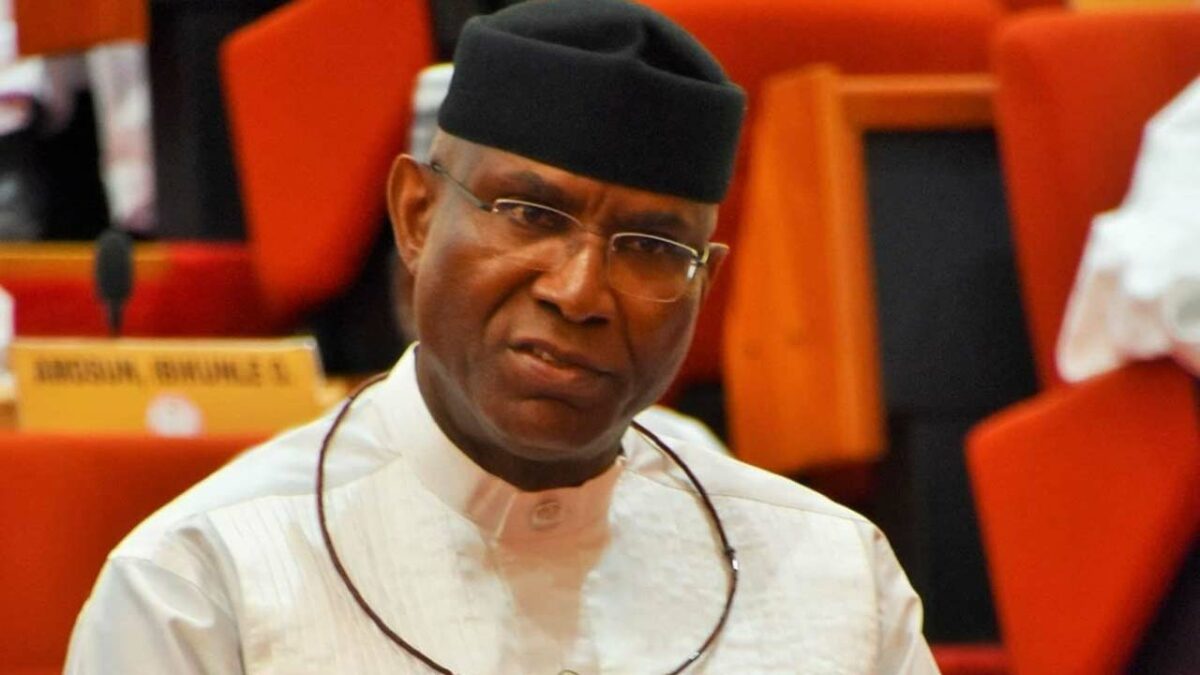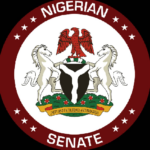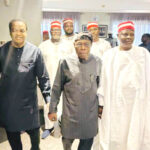The Deputy Senate President, Senator Ovie Omo-Agege, on Friday, said the nation cannot go for electronic transmission of election results with only 43 per cent internet coverage.
He said the 9th Senate is fully in support of electronic voting and electronic transmission of results but argued that the nation could not go into it following the current percentage of internet coverage,
until the Nigerian Communication Commission (NCC) can ascertain otherwise.
- JUST IN: I’ll contest Anambra Governorship election, says Soludo
- Man beats pregnant wife to death in Adamawa
Omo-Agege said this while answering questions from journalists after delivering a keynote address titled, “Nigeria’s Democratic Experience Since 1999: The Imperative of Reforming The Electoral Process” during the 16th convocation ceremony of Benson Idahosa University, Benin.
“The 9th Senate is fully in support of electronic voting and transmission of results.
“If we adopt electronic transmission for the 43 per cent, what happens to the rest 57 per cent?”
“The country has to wait for the approval of the Nigerian Communications Commission(NCC) to adopt electronic transmission of the result.”
Speaking on electoral reforms, he said regardless of the source, electoral offences perpetrated by officials of the Electoral Management Bodies (EMBs) and officials of political parties, candidates and voters must be tackled to safeguard the sanctity of the electoral process of the nation.
He explained that another obvious challenge in the election is what has been described as the judicialization of Nigeria’s electoral process.
“The Courts rather than members of the political parties or the electorate as the case may be, determine winners of party primaries and elections even when the evidence runs to the contrary. This is eroding citizens’ confidence in the electoral process”
He noted that he was not questioning the role of the Courts since electoral justice and the adjudicatory process is recognized as parts and parcel of the electoral process.
“However, the widespread perception that the judiciary lacks independence from the executive and that people pay for judicial outcomes that advance their personal and group interests raises a question mark about the legitimacy of some elected public officials.
He, however, stressed the need to urgently address the members of the political class to observe the rules of the game and for the judiciary to be aware that its perception as the temple of justice and the defence of the common man would contribute to the durability of the democratic process.

 Join Daily Trust WhatsApp Community For Quick Access To News and Happenings Around You.
Join Daily Trust WhatsApp Community For Quick Access To News and Happenings Around You.

